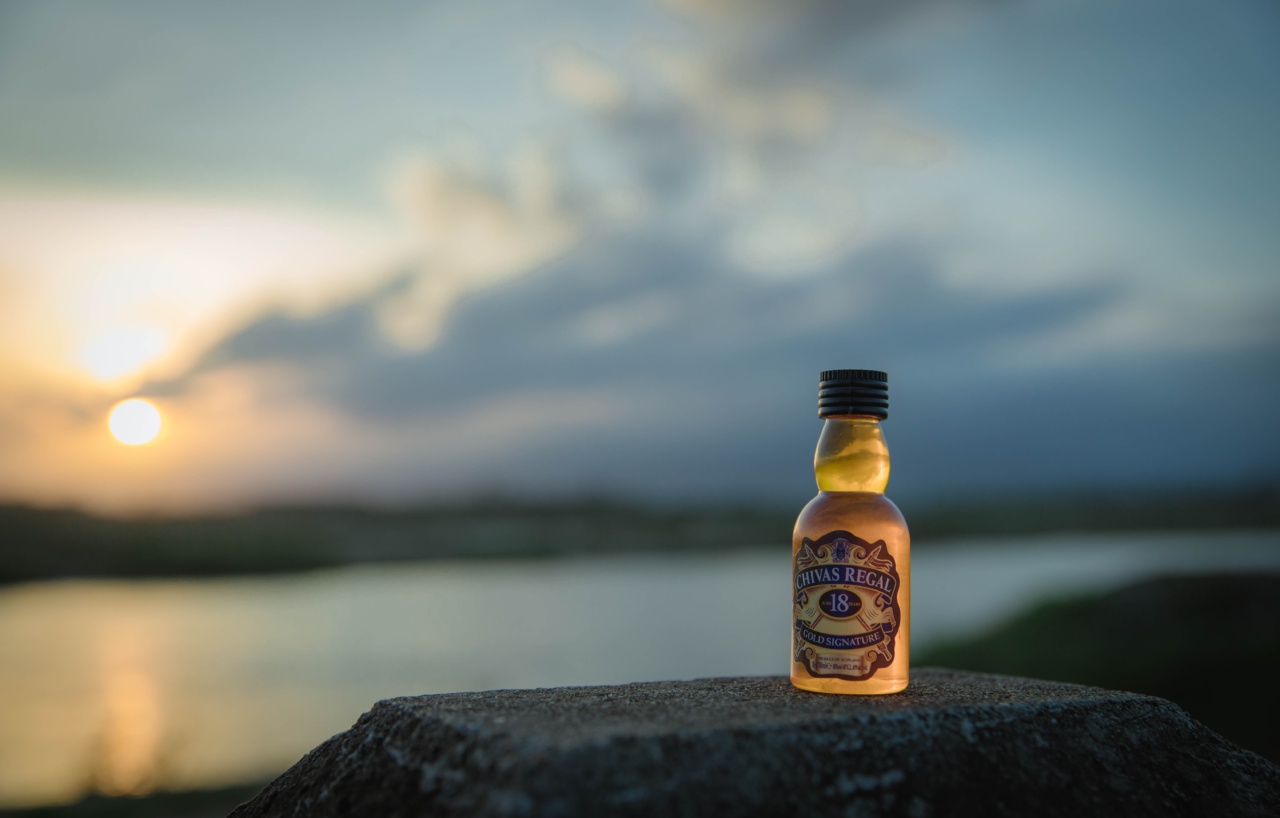Water is an essential component for life, and it is a vital nutrient that our body needs to function properly. However, many people do not drink enough water, which can lead to various health problems.
When you do not drink enough water, your body does not get the necessary fluids to work properly, and this can cause dehydration, which can have serious consequences. In this article, we will discuss what happens when you do not drink enough water and how to prevent dehydration.
What is dehydration?
Dehydration occurs when your body does not have enough fluids to function properly. It can happen when you do not drink enough water, when you lose too much water, or when your body cannot retain water properly.
Dehydration can have mild to severe symptoms, depending on the severity of the condition. Mild dehydration can cause fatigue, headache, dry mouth, and thirst, while severe dehydration can lead to organ failure, seizures, and even death.
What happens to your body when you don’t drink enough water?
Now let’s discuss what happens to your body when you do not drink enough water.
: 1. Puts a strain on your kidneys
When your body is dehydrated, it puts a strain on your kidneys, which can make it more difficult for them to remove waste products from your body.
This can lead to a buildup of waste products in your body, which can cause various health problems, including kidney damage.
: 2. Dry skin
When you do not drink enough water, your skin can become dry and itchy. Dehydration can also cause your skin to become dull, flaky, and prone to wrinkles.
: 3. Constipation
Dehydration can cause constipation because your body needs water to help move waste products through your digestive system. If you do not drink enough water, the waste products can become hard and difficult to pass, leading to constipation.
: 4. Headaches
Dehydration can cause headaches because it can cause a decrease in blood volume and blood flow to the brain. This can lead to headaches and even migraines in some people.
: 5. Fatigue
When you do not drink enough water, you can become tired and fatigued. This is because your body does not have enough fluids to transport oxygen and nutrients to your cells, which can lead to a decrease in energy levels.
: 6. Lowered immune system
Dehydration can weaken your immune system, making you more susceptible to infections and illnesses. This is because your body needs water to produce lymph, which is essential for the proper functioning of your immune system.
: 7. Urinary tract infections
When you do not drink enough water, you can become more susceptible to urinary tract infections (UTIs). This is because your body needs water to flush out bacteria and other toxins that can cause infections in your urinary tract.
If you do not drink enough water, the bacteria can accumulate and cause an infection.
: 8. Brain function
Dehydration can affect your brain function, leading to a decrease in cognitive ability, memory retention, and mood changes. When your body is dehydrated, your brain cells do not function properly, leading to these issues.
: 9. Joint pain
Dehydration can cause joint pain because water is essential for lubricating your joints. When you do not drink enough water, your joints can become dry, leading to pain and discomfort.
: 10. Increased risk of heat exhaustion and heatstroke
When you are dehydrated, your body is less able to regulate your temperature. This means that you are at an increased risk of heat exhaustion and heatstroke, which can be a life-threatening condition.
How much water should you drink?
It is recommended that you drink at least eight glasses of water a day, which is roughly two liters. However, this can vary depending on your age, weight, activity level, and climate. It is best to listen to your body and drink water when you are thirsty.
You should also drink more water when you exercise or are in a hot climate.
How to prevent dehydration?
Preventing dehydration is easy, as long as you drink enough water. Here are some tips that can help:.
- Drink at least 8 glasses of water a day
- Drink water before, during, and after exercise
- Drink more water when you are in hot climates or high altitudes
- Drink water when you are thirsty
- Avoid drinking too much caffeine or alcohol, as they can dehydrate you
Conclusion
Drinking enough water is essential for your health. When you do not drink enough water, you can become dehydrated, which can lead to various health problems.
These problems include putting a strain on your kidneys, dry skin, constipation, headaches, fatigue, lowered immune system, urinary tract infections, brain function, joint pain, and increased risk of heat exhaustion and heatstroke. To prevent dehydration, it is important to drink enough water and avoid drinks that can dehydrate you.































